Water Purification Coagulant Perth
Water Purification Demands in Perth
Perth’s water supply landscape is shaped by a dry climate, variable dam water quality, and growing demand from both residential and industrial sectors. With a reliance on groundwater, desalination and surface water sources, local water treatment applications must be robust and adaptable to seasonal changes in water quality. The presence of suspended solids, organic contaminants and algae means that coagulation and flocculation are essential to ensure clean water delivery.
In this environment, water purification coagulant Perth solutions must be designed to handle high variability in raw water while maintaining efficiency across a wide range of treatment systems. This includes potable water applications, wastewater plants, mining operations and industrial processes where water must meet strict discharge or reuse standards.

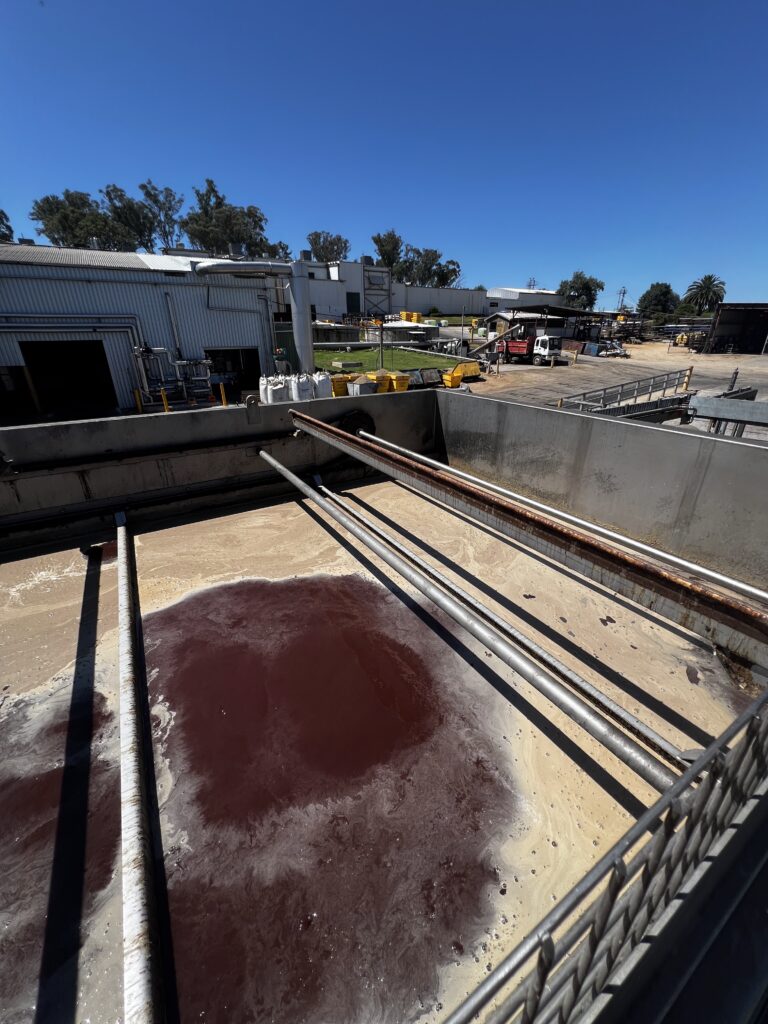
The Function of Coagulants in Purification Systems
The role of a primary coagulant is to destabilise suspended particles and promote their aggregation into larger flocs. This process begins with neutralising the negative charge that surrounds many fine solids and organic molecules in untreated water. Once neutralised, these particles collide and bind together through the flocculation process, forming larger aggregates that can be separated by filtration or sedimentation.
In Perth’s water treatment systems, this step is critical to improving water quality and ensuring the effective performance of downstream components such as filters, chlorine dosing systems and reverse osmosis membranes. Without proper coagulation, contaminants remain suspended, impairing the overall treatment process and increasing the need for secondary chemicals like caustic soda or sodium hypochlorite.
Coagulants are especially important when treating dam water or waste water that contains extracellular polymeric substances, which are common in algae blooms and industrial discharge. These substances are resistant to filtration and require strong charge neutralisation to achieve separation.
Regional Variables That Affect Coagulant Performance
Water quality in Western Australia is affected by a range of environmental and industrial factors. In Perth and surrounding areas, source water may vary significantly in mineral concentration, organic load, and particle size. These differences directly impact coagulant selection, dosage and effectiveness.
Key considerations in the region include:
- Seasonal increases in algae and organic content in dam water
- High levels of total suspended solids following storms or dry periods
- Natural presence of heavy metals such as copper, iron and zinc
- Saltwater intrusion in some groundwater sources
- The impact of industrial waste discharge into shared treatment systems
These variables require a water purification solution that is flexible and suited to multiple water chemistries. Coagulants that fail to adapt to changing conditions result in poor removal of impurities and higher chemical consumption throughout the treatment cycle.
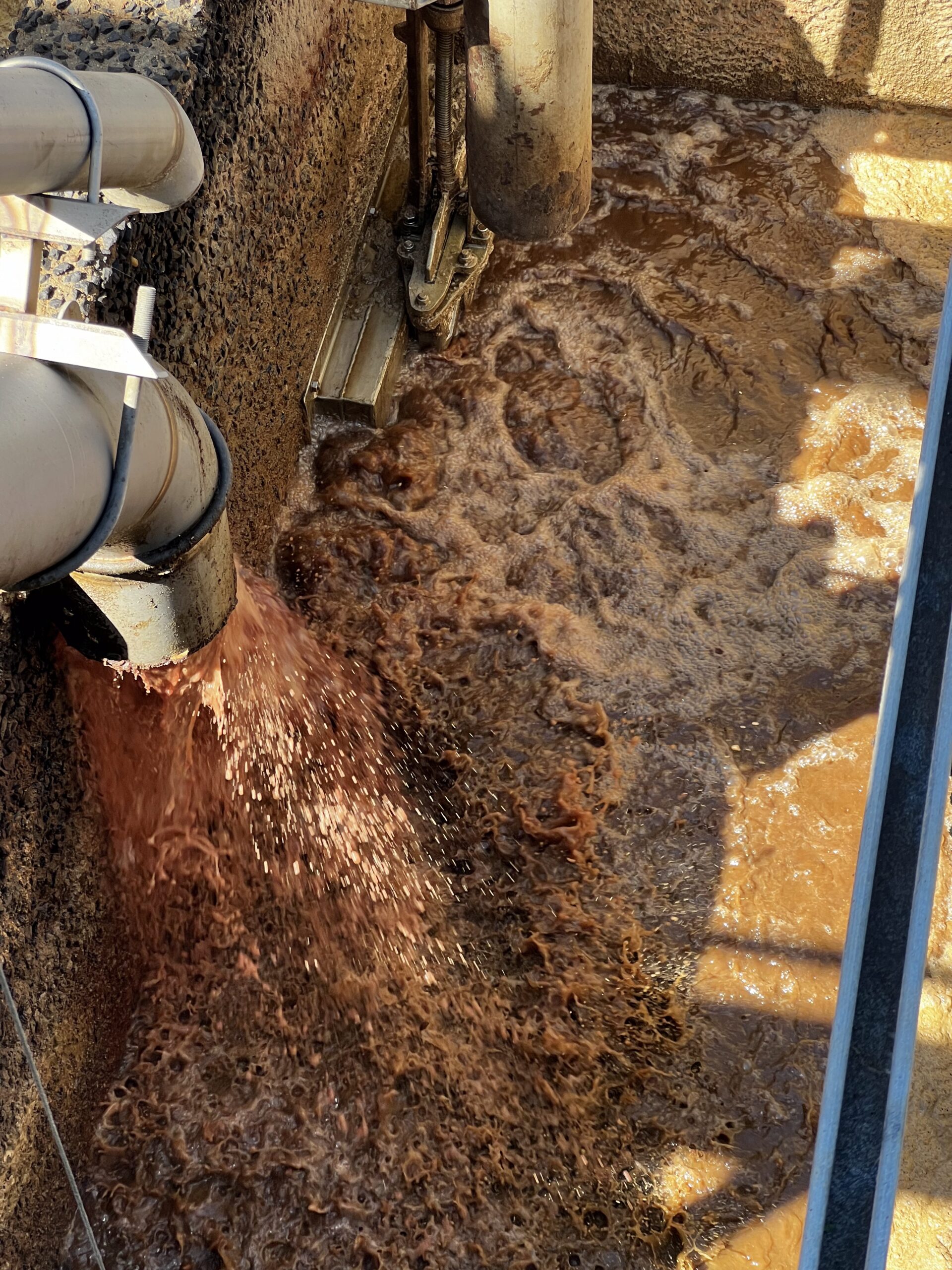
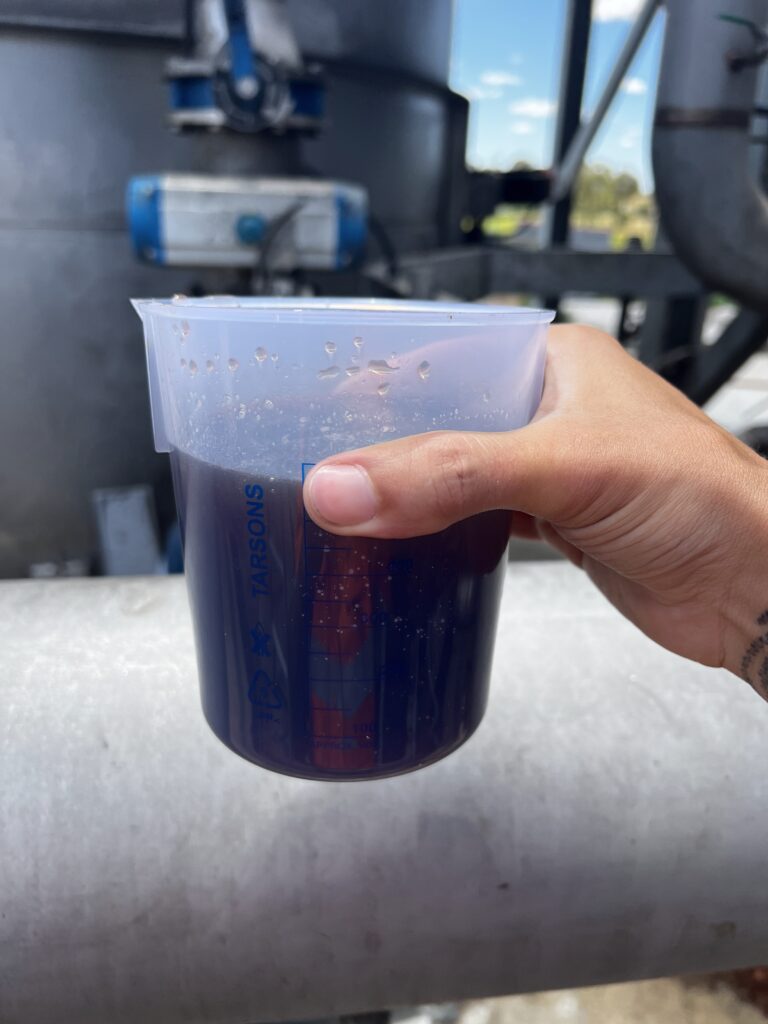
Inorganic and Synthetic Coagulants in WA Operations
Many facilities across Perth continue to use traditional inorganic coagulants like aluminium sulphate and ferric sulphate. These are widely available and provide strong charge neutralisation, particularly for high turbidity water. However, they come with notable drawbacks.
Inorganic coagulants tend to produce large volumes of sludge, which is costly to dewater and dispose of. They can also increase the risk of corrosion in metal surfaces and pipework, particularly when used in combination with sodium hypochlorite for disinfection. Excess residuals from these chemicals may impact the quality of potable water and interfere with downstream filtration systems.
Synthetic coagulants and polymers offer a more targeted approach and are often used to improve floc strength or tailor performance for specific particle sizes. However, synthetic options may present handling risks and often require careful pH control to remain effective. Their long-term environmental impact, especially in open discharge systems, is also a growing concern for regulators.
Natural Coagulants for Western Australian Conditions
For operators seeking a more sustainable and adaptable solution, natural coagulants provide a reliable and lower-impact alternative. Tannin-based formulations, like those developed by Tanafloc Australia, are derived from plant-based materials and engineered for broad compatibility with Australian water profiles.
These coagulants are well suited to the Perth environment because they perform consistently across a wide pH range, produce less sludge, and minimise interaction with heavy metals. They are particularly effective in treating water with high organic loads, common during summer months when algae blooms and industrial runoff increase contaminant concentrations.
Natural biopolymers also reduce reliance on caustic soda for pH adjustment and eliminate the risk of introducing synthetic residuals into the final water supply. They are safe for use in potable systems, wastewater treatment plants, and industrial operations handling oil, waste and other complex influents.
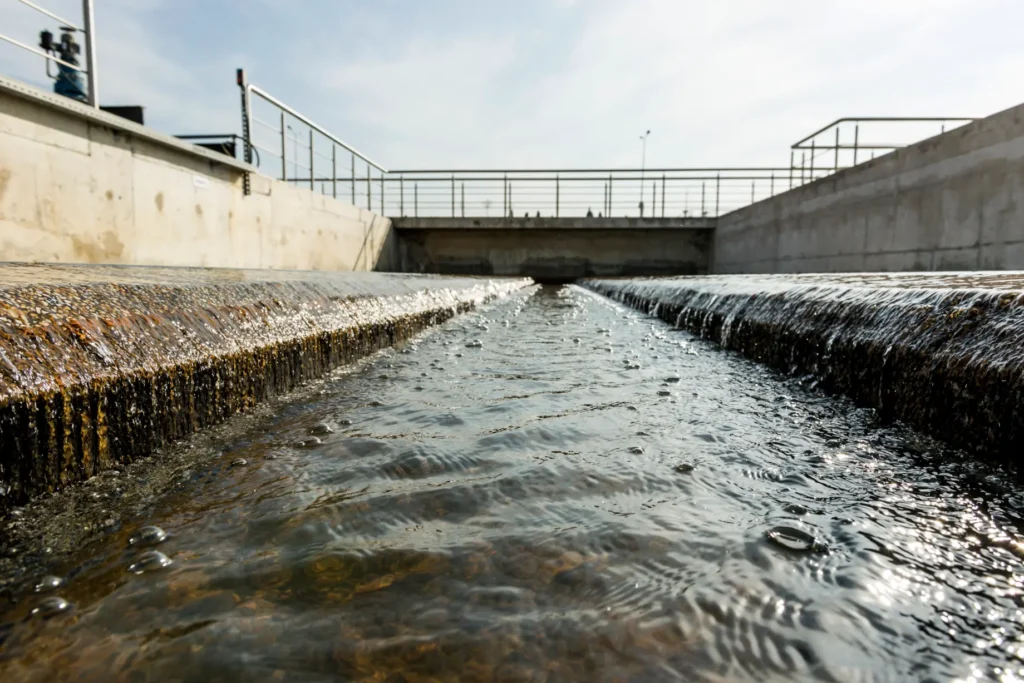
Tanafloc Coagulants in Perth Systems
Tanafloc’s biopolymer coagulants have been considered across a large range of Western Australian water treatment applications. From municipal drinking water systems to mining operations and food manufacturing facilities, their performance is proven in settings where conventional coagulants fall short.
In one scenario, a processing site south of Perth handling waste from mixed industrial activities considered replacing its aluminium sulphate dosing with a natural coagulant. Jar tests resulted in:
- Improved removal of organic contaminants without increasing chemical dosage
- Less sludge generated during clarification, reducing disposal costs
- Greater stability during periods of high turbidity
- Enhanced protection of reverse osmosis membranes downstream
Tanafloc coagulants are supplied in both liquid and solid formulations to suit different equipment configurations. They can be integrated into existing water treatment systems with minimal modification and are available in flexible volumes for operations of all sizes.
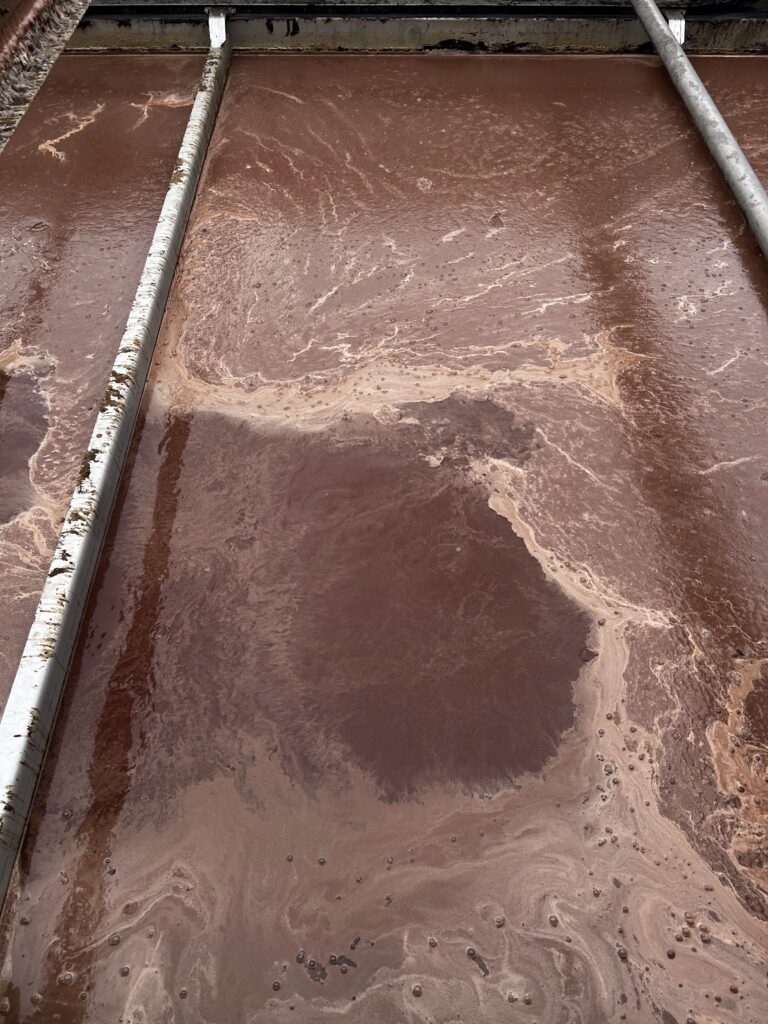
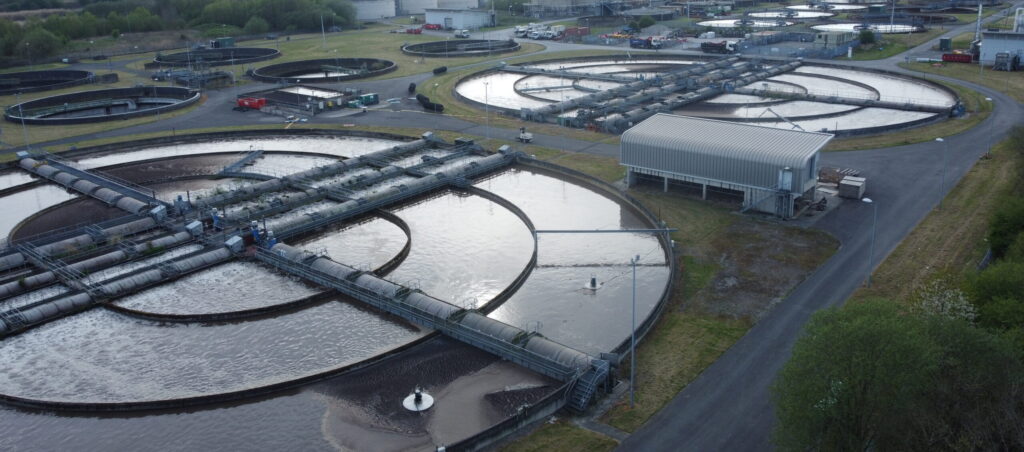
Costing and Delivery for the Perth Market
Tanafloc maintains an efficient delivery network servicing the Perth metro and broader WA regions. This ensures that supply is consistent and tailored to each customer’s requirements. Whether your facility operates year-round or on a seasonal schedule, supply can be calibrated to match demand.
Each water purification coagulant is supported by on-site consultation, performance validation and documentation aligned with regulatory reporting. Customised dosage programs are available, and storage guidance is provided to ensure product stability in WA’s climate.
Environmental Benefits for WA Compliance Goals
Environmental licensing in Western Australia demands high-performance chemicals with minimal downstream impact. Tanafloc’s natural formulations support these objectives by:
- Producing less sludge, lowering the environmental burden of disposal
- Avoiding synthetic additives that may accumulate in ecosystems
- Reducing the need for additional chemicals like caustic soda or chlorine
- Improving efficiency in systems using reverse osmosis or microfiltration
These features support not just environmental compliance, but also operational safety and chemical handling simplicity.
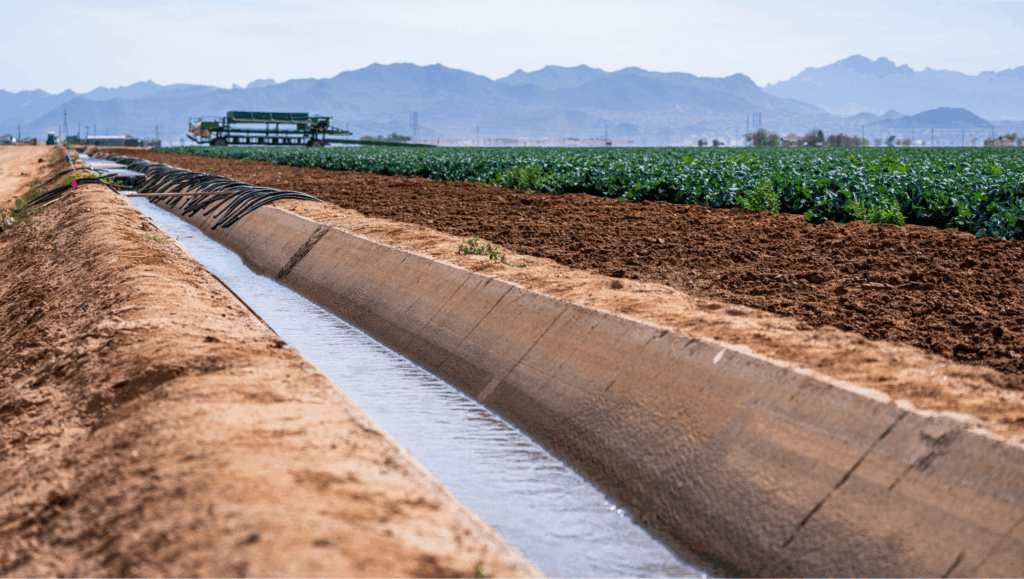
Get Local Support for Your Treatment Site
If your plant, council, or industrial site is located in the Perth area, Tanafloc Australia offers localised support, performance testing and a full range of water purification coagulant Perth solutions. With experience across industries and systems, the team is positioned to help you evaluate and optimise your chemical dosing strategy.
To arrange a consultation or request a test sample:
Visit www.tanaflocaustralia.com/contact
Ask for a free jar test and performance review
Get clarity, compliance and consistency from your water treatment program with a solution tailored for Perth conditions.
